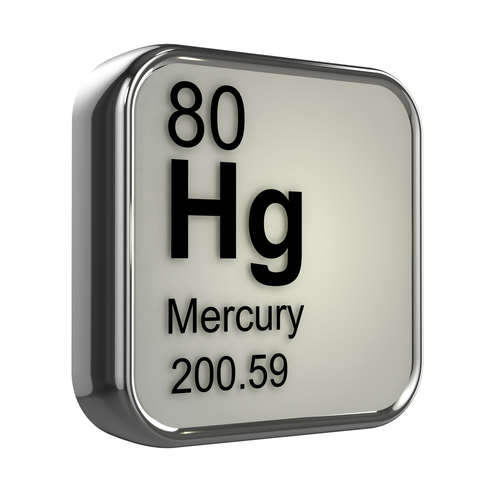Lupus Symptoms Unrelated to Mercury Exposure Through Fish or Dental Fillings, Study Finds

Ulster University researchers found that mercury exposure through dental fillings or the consumption of seafood does not exacerbate symptoms of systemic lupus erythematous (SLE).
While there is a lack of scientific evidence, exposure to mercury is widely believed to trigger SLE in patients who are genetically susceptible.
In a world-first study, Ulster University’s Northern Ireland Centre for Food and Health (NICHE) researchers used human biological hair, urine, and dental profiling of patients with SLE to assess the association between mercury levels and disease severity.
Results revealed no relationship between the number of dental fillings, which include mercury, and the severity of the SLE symptoms. They also showed no detrimental relationship between mercury levels found in hair, a biomarker of mercury exposure primarily from seafood consumption, and SLE severity.
Dr. Emeir McSorley from Ulster University, the lead researcher, said in a news release: “Autoimmune diseases including Lupus have been linked with exposure to dental fillings yet there is little scientific evidence to back up this claim. With no cure for the disease, those affected are continually looking for ways to better manage symptoms that can make even everyday activities extremely challenging.”
Dr. McSorley went on to explain that, in spite of the fact that there has been a significant amount of animal-based research exploring the relationship that appears to exist between mercury and autoimmune diseases, this study is the first to focus on human biomarkers. “There is no doubt that mercury is toxic for humans,” he said, “but results of this research are promising and should help to reassure those suffering from Lupus that their dental fillings are not advancing symptoms of their condition or further damaging their health.”
Researchers specifically looked into how mercury levels related to the consumption of seafood impacted lupus, by examining hair samples of those with the disease. “We found that patients in remission had significantly higher mercury concentrations in their hair than patients with active disease.” The finding suggests that the benefits of fish, as a rich source of fatty acids, far outweigh any negative effects of the mercury it contains, although more research is required in this area.
“Going forward, Ulster University aims to conduct more in depth studies into the relationship between mercury and Lupus in a bid to develop research advances that will better inform and support the community of Lupus sufferers and their families,” Dr. McSorley concluded.
SLE is an autoimmune disease in which the body’s immune system mistakenly attacks healthy tissue. It can affect the skin, joints, kidneys, brain, and other organs. The disease affects around 25 out of every 100,000 people in Western countries. Symptoms include fatigue, skin rashes, and swelling of the joints.There is no cure for the disease and its course is unpredictable, with periods of illness (called flares) alternating with remissions.





